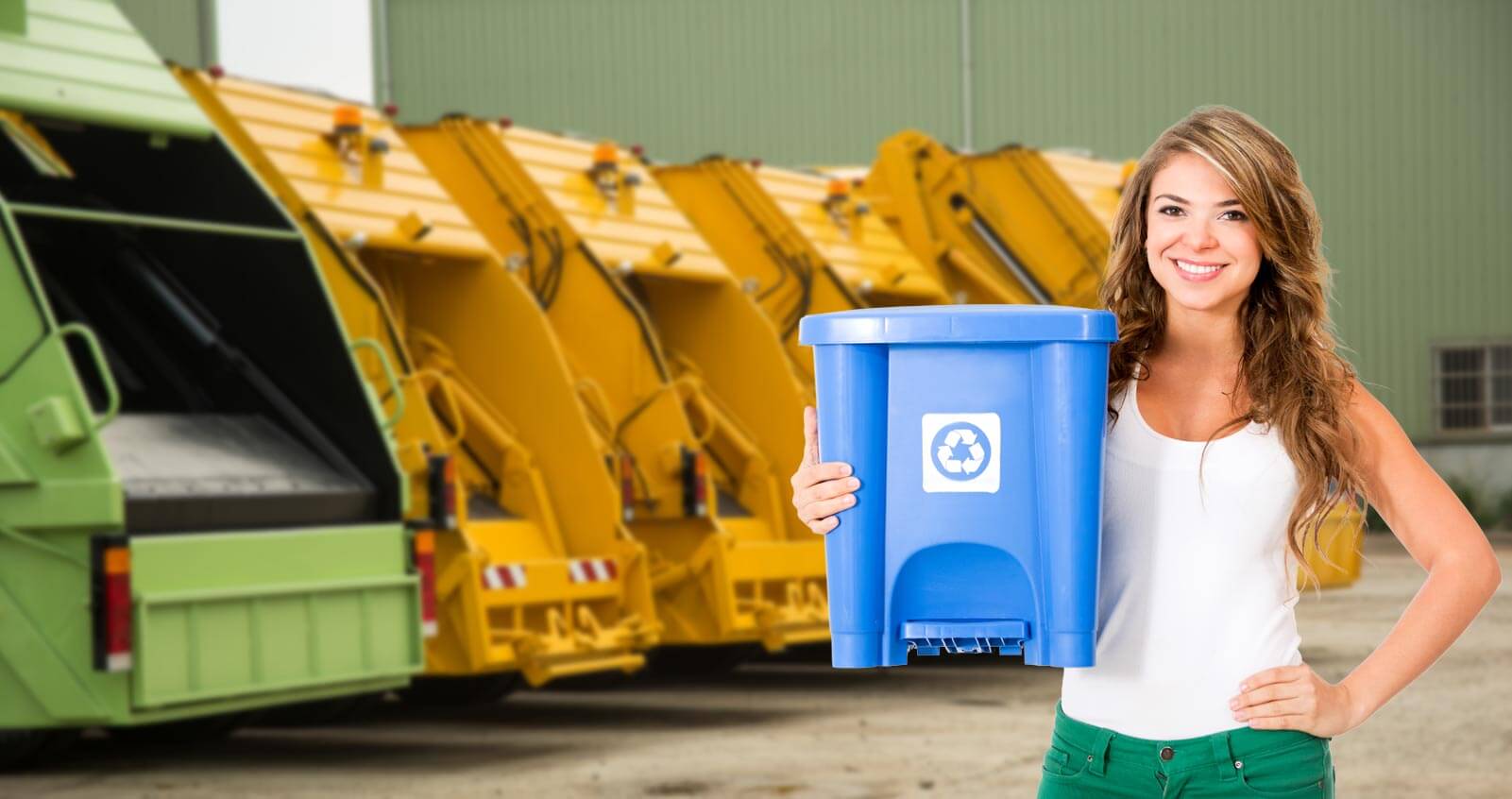Recycling: Reducing Landfill Waste
Posted on 26/11/2024
Recycling has become a cornerstone in the fight against environmental degradation, notably in minimizing the accumulation of landfill waste. As communities and societies aim to adopt a more sustainable way of living, understanding the full impact of recycling and the methods to optimize these efforts becomes imperative.
The Scope of the Landfill Waste Problem
Landfills have long been the default solution for waste disposal, but they come with a wide array of environmental and health problems. Not only do they take up valuable space, but they also contribute significantly to soil and water contamination while emitting greenhouse gases that exacerbate climate change.

How Recycling Reduces Landfill Waste
Recycling can curtail the amount of waste that winds up in landfills by transforming used materials into new products. This process not only saves space but also reduces the need for raw materials, cutting down on the energy and resources required for new production. For instance, recycling aluminum saves 95% of the energy needed to produce new aluminum from ore.
Recycling Methods
Different materials require different recycling methods. Here are a few common methods:
- Paper Recycling: Involves repulping the paper to create new paper products.
- Plastics Recycling: Plastics are sorted, cleaned, and then melted to form new plastic items.
- Metal Recycling: Metals like aluminum and steel are melted and reformed.
- Glass Recycling: Glass is crushed, melted, and remolded.
Tips for Effective Recycling
- Know Your Local Recycling Guidelines: Each locality has its own rules about what can be recycled.
- Clean Your Recyclables: Remove food, liquid, and other contaminants from recyclable materials.
- Separate Materials: Adequately separate recyclables like paper, glass, and plastic to avoid contamination.
- Reduce and Reuse: Before recycling, consider if items can be reused or reduced.
Pros and Cons of Recycling
Pros
- Environmental Benefits: Reduces landfill waste, conserves natural resources, and decreases pollution.
- Economic Benefits: Creates jobs in the recycling and manufacturing industries.
- Energy Conservation: Recycling often uses less energy than producing new products from raw materials.
Cons
- Cost: The recycling process can be expensive, involving costs for collection, sorting, and processing.
- Quality Issues: Recycled materials may not always be of the same quality as new materials.
- Contamination: Improperly sorted or dirty recyclables can contaminate the recycling stream, making it less efficient.

Takeaways
- Recycling is crucial in reducing landfill waste and has numerous environmental and economic benefits.
- Proper understanding and implementation of recycling methods can maximize the effectiveness of these efforts.
- Both individuals and communities need to adopt better recycling practices to enhance the impact.
Conclusion
In the quest to combat environmental degradation and landfill accumulation, recycling emerges as a vital practice. While it comes with its set of challenges, the substantial benefits make it an indispensable part of sustainable living. Adopting proper recycling habits and understanding its nuances can propel societies toward a greener future. It's not just about managing waste; it's about creating a sustainable ecosystem for generations to come.




